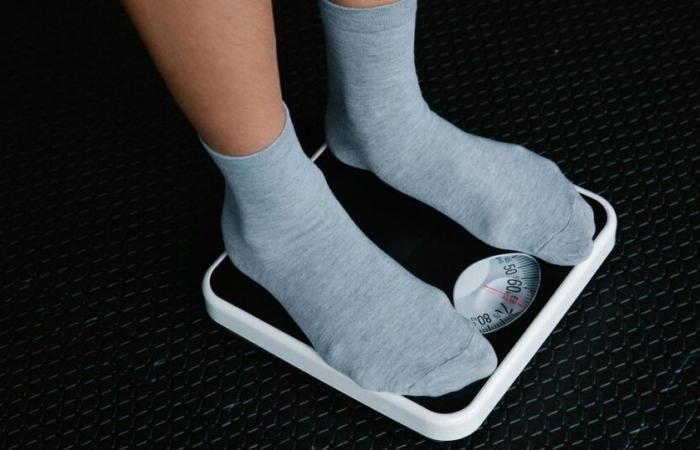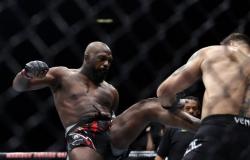Discussing weight and appearance with an athlete is tricky for coaches. The And You association is organizing a conference at the end of November to raise awareness among those around athletes to approach these subjects safely, because a remark, even innocuous ones, can harm the mental and physical health of athletes.
Discussing the question of weight with an athlete means entering into their privacy. A single comment, whether it concerns weight loss or gain, can be hurtful and cause damage. “It depends on the comment, the confidence and the image that the athlete has of his body,” explains Laurence Chappuis, sports psychologist, in La Matinale de la RTS.
According to her, any allusion to weight can be perceived negatively: “This can mean for the athlete that he is not comfortable with his body image or feelings. Young people, influenced by social networks, often compare themselves and think that they would perform better if they were more muscular or lighter. An inappropriate remark can thus lead to eating disorders.”
Athletes can in fact develop a conflicting relationship with their own body, which remains their main working tool. When eating disorders take hold, the health consequences can be serious and long-lasting, impacting their sporting career and personal well-being. “We can even talk about mistreatment, even if it is not intentional,” underlines Laurence Chappuis.
An even more delicate subject in adolescence
The danger is even greater when the athlete is a growing teenager. Coaches must be vigilant and address these issues privately and tactfully.
“Sometimes it is necessary to involve parents or suggest a consultation with a doctor or dietician. It is imperative to never make remarks about weight in public, especially in front of the rest of the group, as this can still be more hurtful”, advises Laurence Chappuis.
The coach must observe how the athlete feels in his sporting environment, how his body evolves, without focusing solely on his weight.
It is essential that the conversation remains a respectful dialogue, focused on the overall well-being of the athlete. “Adolescence is a period when it is crucial to let young people develop at their own pace. The coach must observe how the athlete feels in his sporting environment, how his body evolves, without focusing solely on his weight” , she adds.
Laurence Chappuis encourages an interdisciplinary approach to treating these subjects. Rather than leaving the coach alone to face this responsibility, it is better to call on experts, such as psychologists or nutritionists.
Weight, a central place in certain sports
If weight can influence performance, particularly in endurance sports where strength and lightness must be balanced, it should not be the only criterion taken into account. “It is crucial that the athlete can self-determine, do something about what they are told, without feeling obliged to follow injunctions. The objective must be a constructive exchange,” explains Laurence Chappuis.
87.5% of young athletes in French-speaking Switzerland have been victims of psychological violence, including comments about weight
For effective support, the coach must consider the athlete as a whole: “We must take stock of all of the athlete’s skills, strengths and weaknesses to help them move forward. Weight does not increase is not always a priority subject; other aspects may be more decisive in improving performance.”
A study recently carried out by the University of Lausanne reveals that 87.5% of young athletes in French-speaking Switzerland have been victims of psychological violence, including comments about weight. This so-called interpersonal violence mainly comes from teammates and coaches. These alarming figures underline the urgency of putting in place prevention policies to protect young athletes.
Conference “Talking about weight with athletes” hosted by Laurence Chappuis and doctor Nathalie Wenger, November 27 in Lausanne. More information on associationandyou.ch
Caroline Reymond/rehearsal






